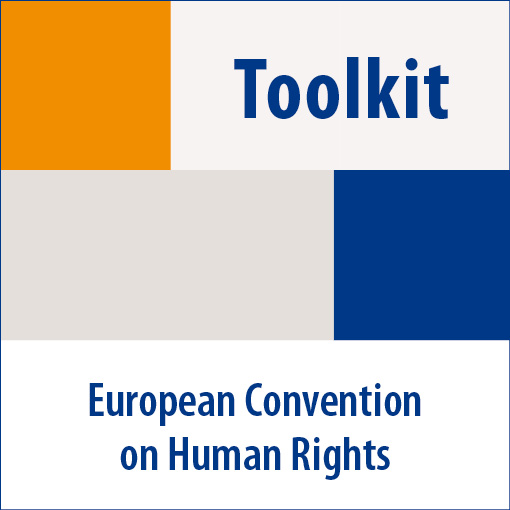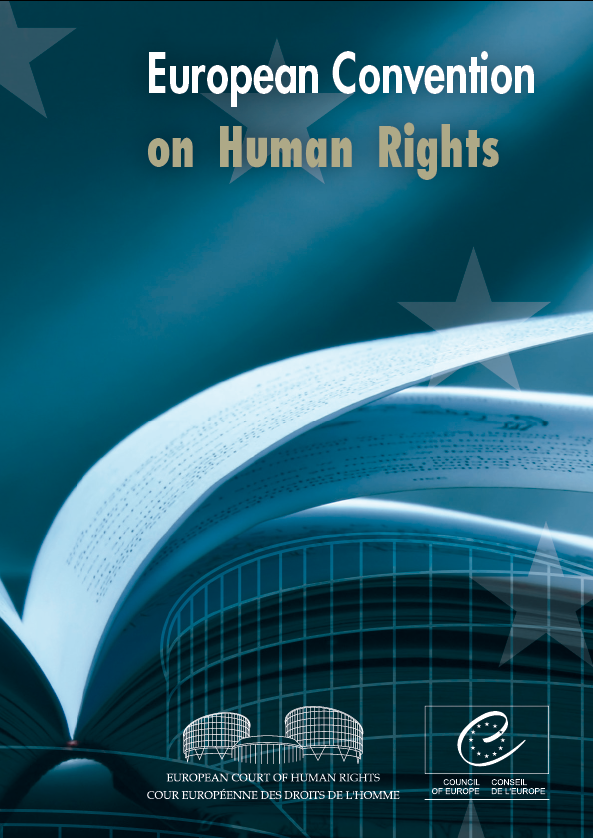Paragraph 1 of Article 2 says: "Everyone's right to life shall be protected by law. No-one shall be deprived of his life intentionally…". There follows an exception for the death penalty, which is not relevant in States which are Party to Protocol No. 6 (which abolishes it except, if the State's law so provides, in time of war) or to Protocol No. 13 (which abolishes it completely). Paragraph 2 sets out three limited exceptions to the prohibition of intentional deprivation of life.
The Court has found the positive obligation on States and their agents to safeguard life requires preventive measures in many situations, for example:
- to protect someone from violence by others, but only where the authorities knew or should have known of a real and immediate risk and failed to do all that could reasonably be expected to avoid it. For example, this obligation was breached where a prisoner on remand was killed by his cellmate, another prisoner with a history of violence and mental illness (Edwards v. the United Kingdom). It can also arise where there is a history of domestic violence;
- effectively to protect the life of someone under your control;
- to protect someone from self-harm, for example where detainees are known to be a suicide risk;
- to protect people living near dangerous industrial sites, as where a lethal explosion occurred at a rubbish tip which was known to pose an operational risk (Öneryıldız v. Turkey), or to guard against foreseeable natural disasters.
So the obligation to protect life does not just mean enacting laws, for example, criminalising unlawful killing. It extends to protecting witnesses and informants, and to those who run prisons, detention centres, care homes and psychiatric institutions protecting those under their care from lethal harm from others or themselves.
Use of lethal force by agents of the State: paragraph 2 sets out the limited situations in which the use of lethal force will not be a breach of the right not to be intentionally deprived of life. They are:
- (a) to defend someone from unlawful violence;
- (b) to effect a lawful arrest or prevent the escape of someone lawfully detained;
- (c) in lawful action to quell a riot or insurrection.
These are exhaustive exceptions, not illustrations. The State has to satisfy a very high test before resorting to lethal force: it must be no more than absolutely necessary to achieve one or more of the authorised purposes and strictly proportionate to that purpose. It is not enough to balance the individual right against the public interest. So for example, firing fifty shots during the storming of a suspected terrorist's house went well beyond a justifiable self-defence for the police officers involved (Gül v. Turkey, 2000).
Procedural obligation to investigate deaths: the Court, through its case law, has introduced this obligation. The investigation should be set in motion automatically by the authorities. It must be carried out promptly, effectively and publicly, and independently of the agency which used the lethal force concerned. Investigation is also required when death occurs as a result of the acts of private individuals. Responsibility for such investigation will normally be taken at senior level but officials involved at working level need to prepare for this possibility, for example, by keeping records of information received indicating a risk to life, or details of the watch kept on suicide risks in detention, etc., and they must co-operate fully and honestly with any investigation, which otherwise might fall below the standards the Convention requires.
The right to life can also arise in cases of deportation and extradition if a person is to be sent to a country where there is a real risk of them being subject to the death penalty. Decisions to deport or extradite are normally taken by courts and ministers, but immigration officers and others concerned should be aware of the possibility and take advice before sending a would-be immigrant to another State where they might be at such a risk.
PROTOCOLS Nos. 6 AND 13
Abolition of the death penalty
Protocol No. 6 abolishes the death penalty in peacetime but allows States to provide for its imposition in time of war or threat of war. Protocol No. 13 goes further and abolishes it altogether.




